Pioneering Steps Toward Seamless Air Traffic Integration
In a ground-breaking move that could change the way we think about Airport air traffic, the United Kingdom is edging closer to integrating drones into the hustle and bustle of its busiest airports. This initiative comes on the heels of a series of innovative simulations by NATS, the UK’s air traffic management service. The trials, reportedly conducted at NATS’ headquarters in Hampshire, showcased the potential for drones to operate alongside traditional aircraft, marking a significant step forward in the aviation industry.
Project CAELUS: Revolutionizing Medical Supply Transport
At the heart of this technological leap is Project CAELUS, a collaborative effort involving 16 partners, including notable names like AGS Airports, University of Strathclyde, NATS, and NHS Scotland. This ambitious project aims to utilize drones for transporting essential medical supplies across Scotland, promising to revolutionize healthcare delivery, especially to remote areas.
Bridging Gaps with Innovative Airspace Management
NATS’ recent simulations have been crucial in demonstrating how drones can be integrated into airport operations, including takeoff, navigation, and landing processes, without disrupting the flow of other air traffic. A key feature of this integration is a new Airspace Manager function, which leverages advanced technology to manage drones’ airspace use efficiently. Interestingly, direct communication between drone operators and air traffic control would be minimized, reserved only for emergencies.
The Road Ahead: Exciting Prospects and Challenges
As we move forward, the focus remains on refining the technology and regulatory frameworks needed to make this vision a reality. Richard Ellis from NATS and Fiona Smith from AGS Airports have both expressed optimism about the project’s progress and its implications for the future of air traffic management and healthcare delivery.
Hazel Dempsey of NHS Grampian highlighted the broader impact of this technology, emphasizing its potential to improve care delivery in diverse geographical settings. With more test flights planned for the year, Project CAELUS stands as a testament to the power of collaboration and innovation in paving the way for a future where drones play a vital role in our skies and our lives.
A New Era on the Horizon
The integration of drones into UK airports signifies more than just an advancement in air traffic management; it represents a shift towards a more connected, efficient, and innovative future. As Project CAELUS continues to push boundaries, the dream of using drones to deliver medical supplies across Scotland is quickly becoming a reality, promising to set a global benchmark for the integration of unmanned aircraft into commercial airspace.

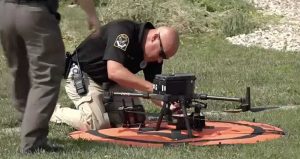

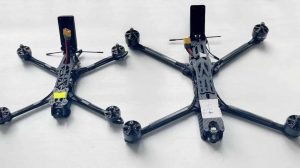


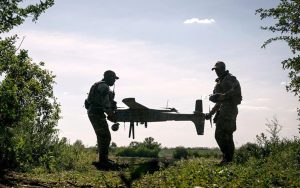
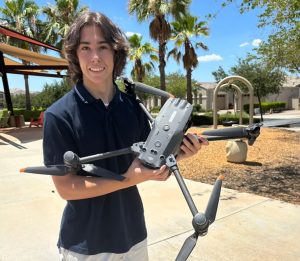
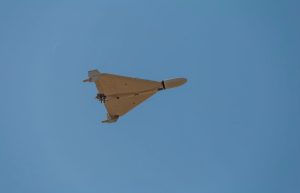



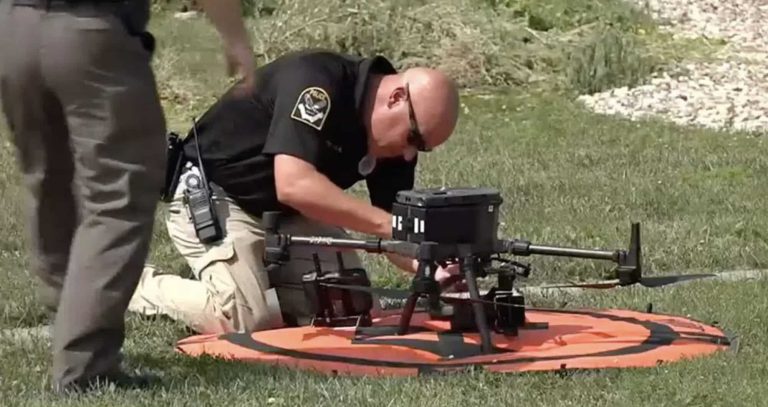

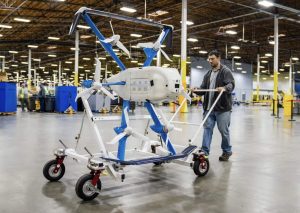
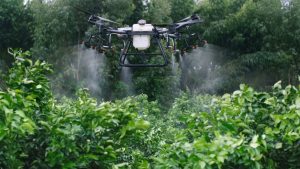
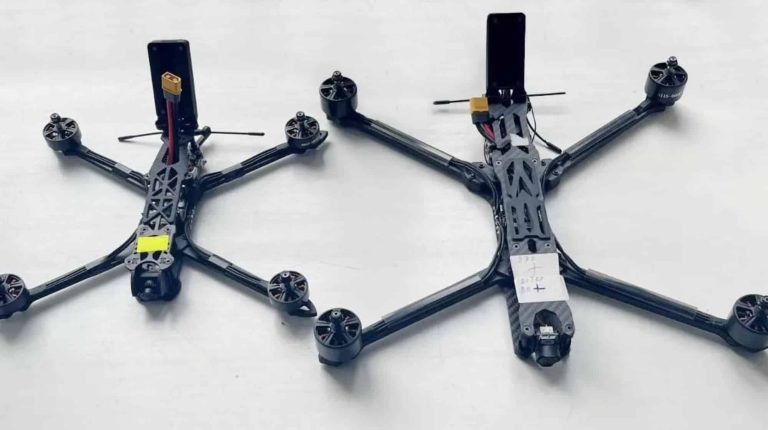
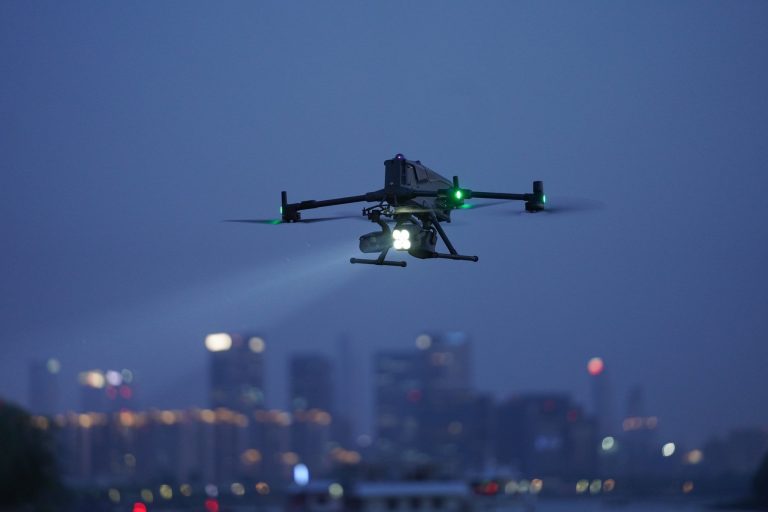
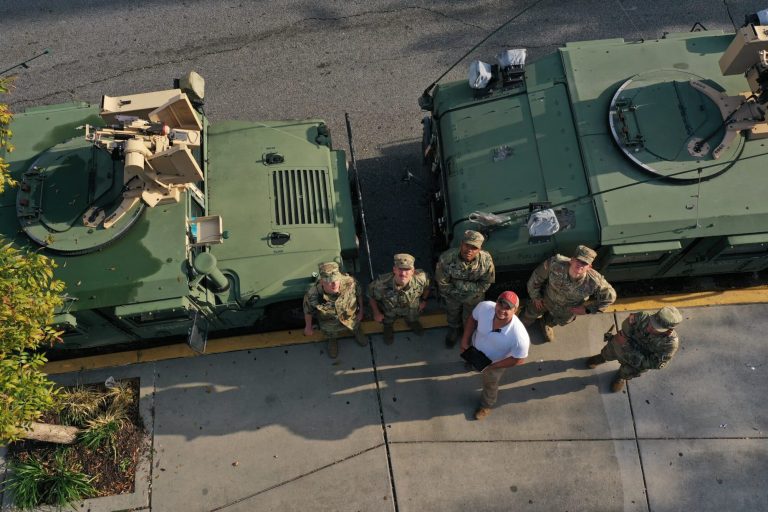
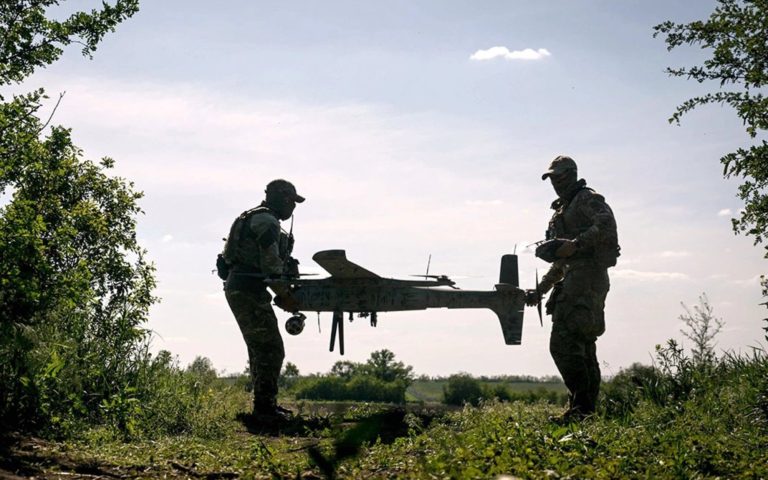
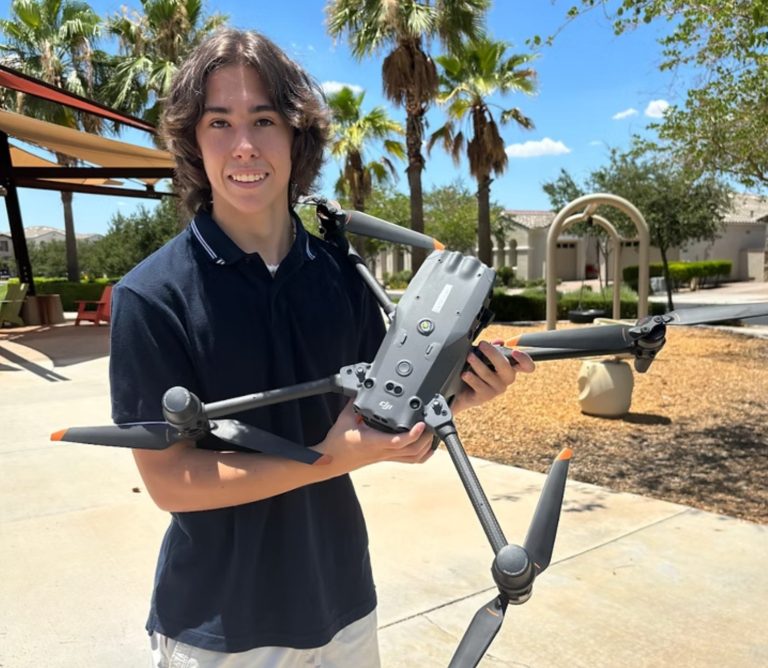
+ There are no comments
Add yours